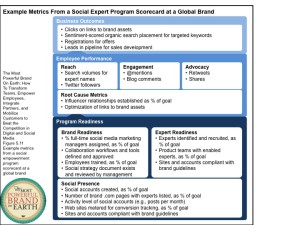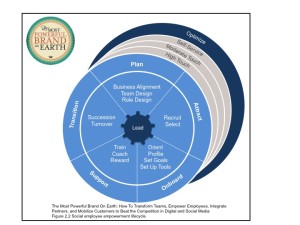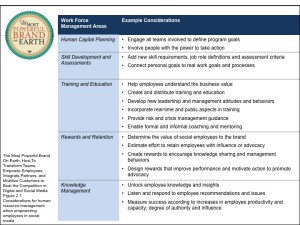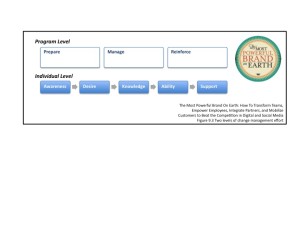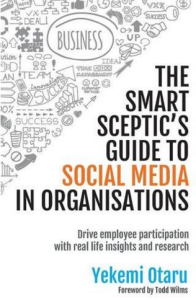Social media plays an important role in global public relations strategies. As quickly as social media can build a global brand, it can tear one down at the hands of malicious insiders or hackers. Recently we have seen an increase in the proliferation of “rogue” social accounts across the social sphere. Attacks like these are not new. In 2013, hackers accessed both the Associated Press’ and FIFA World Cup’s Twitter accounts. A single tweet from the APTwitter handle resulted in a $136.5 billion drop in the S&P 500 index’s value in minutes. A year later Burger King’s Twitter account was made to look like McDonald’s while Jeep’s account was hacked noting that the company was sold to Cadillac.
Now, well known agencies like the Environmental Protection Agency (EPA), National Park Service (NPS) and National Aeronautics and Space Administration (NASA) have all fallen victim to “rouge” takeovers. Rand Research suggests that stolen Twitter accounts are now worth more than stolen credit cards. Rogue accounts attract followers by the thousands, which should be a warning signal for brands across the globe. Imagine losing control of your company’s online messaging or branding.
Crisis communication is evolving and becoming incredibly sophisticated. This session focuses on the variables involved in a new era of crisis planning and risk communication. Critical preparedness is important for the public and media when public perception becomes reality as a result of such a breach.
I was honored to present at PRSA 2017 International Conference in Boston, where I was joined by my esteemed academic collegues @GinaLuttrell and @drjamiward
In our session we shared:
- How companies can be proactive and vigilant when protecting their brand in an effort to mitigate ramifications from rogue sites. Discuss the ramifications associated with the public’s blind trust in anonymous communication.
- The importance of investing in and equipping the workforce with training. How to train organizational leaders to react to a crisis including appropriate responses to the public and within social media. Plus, we examined the role that PR practitioners play in damage control should a “rogue” or “alt” channel become a reality for your organization.
- Participants learned about the future of communication stemming from hackers or acts of civil disobedience.
- We rounded out the session with outlining the difference between social media guidelines and policies, and how to begin building the framework for social media policies. Plus, writing social media policies and developing education and compliance training on cybersecurity will help to address vulnerabilities.
Are You Prepared?
Have You Prepared Your Employees?
Registered PRSA members can access our presentation here If you’re interested in learning more about equipping your team, don’t hesitate to reach out to us!
Susan Emerick, Founder, Brands Rising
Regina Luttrell, Ph.D., Assistant Professor, Syracuse University, S.I. Newhouse School of Public Communications


